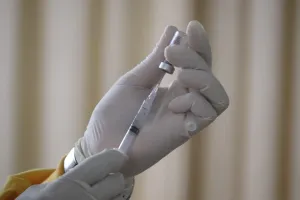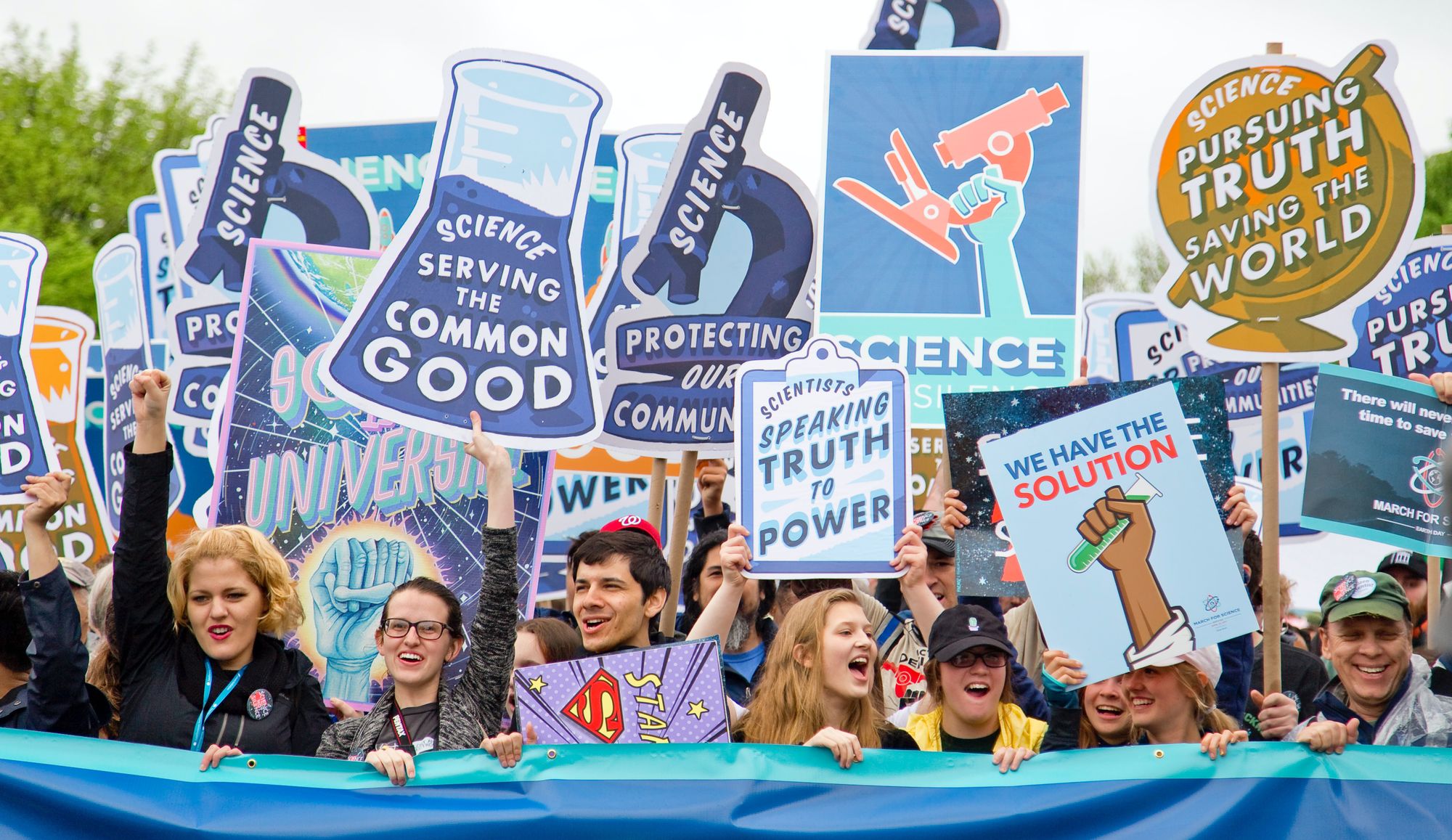As you probably already know, the Pfizer-BioNTech COVID-19 Vaccine received full approval from the Food and Drug Administration on Monday. While this isn't the most breaking or unknown of stories, I want to explore what this means for vaccine mandates and our polarized pandemic response in general. I'm going to lay out some other things you may know already, but bear with me.
Full FDA approval may improve vaccination rates—if only slightly. Surveys suggest that around a third to half of unvaccinated people would be more likely to get the shot with FDA approval, but only around 10 percent of respondents were willing to say they would get vaccinated after FDA approval.
These numbers are not wildly encouraging, but full FDA approval also makes explicit vaccine mandates more likely. For example, in the wake of the approval, New Jersey mandated vaccines for all teachers and state employees, as did New York City for its teachers and school employees. The Department of Defense has also issued a mandate for members of the armed services, covering roughly 1.4 million people.
Regardless, it remains important to keep in mind just how divisive this issue has become. The Republican US Representative for Kentucky's Fourth District, Thomas Massie, even tweeted a picture comparing vaccine passports to the ID-number tattoos used on those placed in concentration camps by the Nazis, though the tweet has since been deleted.
Others, like Larry Cosme, President of the Federal Law Enforcement Officers Association, representing 30,000 federal agents and officers, have lodged tamer objections. “Forcing people to undertake a medical procedure is not the American way and is a clear civil rights violation no matter how proponents may seek to justify it,” he said.
Contrary to Mr. Cosme’s assertion, it very much is the American way and has been for a long time. There are countless examples of laws in America that force people to do things they'd rather not do. Driver's licenses are one example of a public safety measure that just about everyone accepts as reasonable (unless you’re Darryl Perry, of course).
One might argue that requiring driver’s licenses is categorically different from the government requiring you to "undertake a medical procedure," but vaccine requirements too have been and are commonplace in America. All 50 states already require at least three different vaccines for children entering kindergarten.
However, with all that said, it's important to remain aware of just how much polarization and distrust of government could deepen if the COVID vaccine were mandated by federal, state, or local governments.
Subscribe to SpectaclesThat certainly isn't to say that governments at the federal, state, or local level shouldn’t follow through with such a policy. After all, those predisposed to this kind of distrust—or to the kinds of conspiracy theories which suggest mandates are some sort of sinister plot by globalist elites—are probably not going to become more trusting or cooperative citizens anyways. Polarization is not going to get better if vaccines are not mandated. More people will simply die.
What's more, a majority of Americans broadly as well as in 47 different states believe that COVID vaccines should be mandated for everyone, and it isn't as polarized as one might think. Almost half of Republicans believe this, so it isn't as though there is some clear and defined left-right polarization on the issue. It's more a divide between the fringes and the mainstream, rather than between the right and the left, even though support is much higher among Democrats.
A way to avoid some of the more negative consequences would be ideal however, and mandates by private companies rather than the government would offer a convenient way out here by taking some of the heat off of public officials. Unfortunately, though, Republican elites and office-holders, who should shoulder far more blame than the rank-and-file of the party for vaccine skepticism, have recognized this and banned private mandates in 11 states. Additionally, less than 10 percent of employers intend to mandate vaccines.
With that avenue largely closed, and the stubbornness of those skeptical of the vaccine, it seems like government mandates—on some level—will be necessary for widespread immunity and any return to normal. If that looks to become a reality, it's crucial that we don't forget those consequences it could generate among skeptics in driving further distrust and resentment.




Comments
Join the conversation